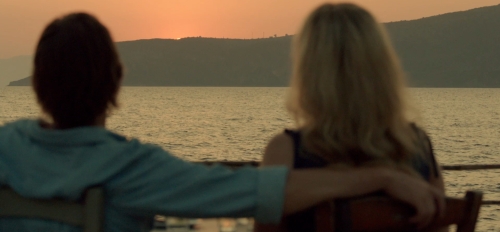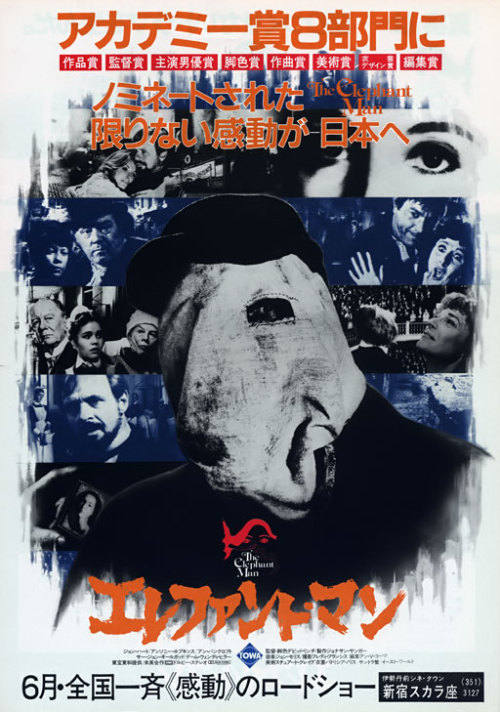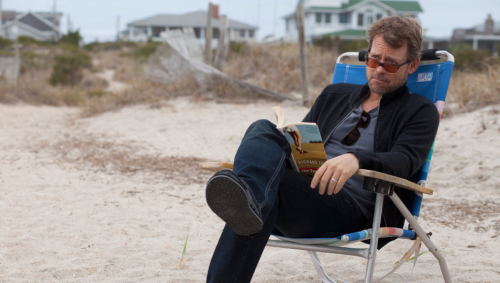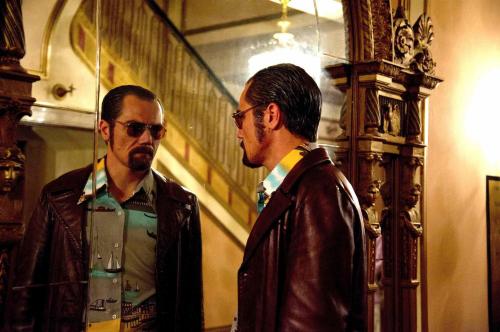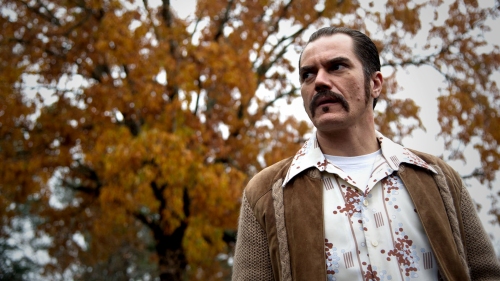
(Originally posted at The Hollywood News)
Richard Kuklinski, the protagonist of The Iceman, is a loving husband and devoted father; a man fiercely protective of his own handcrafted version of the American dream. He lives with an affectionate, sympathetic wife and two doting daughters in the New Jersey suburbs, socialises with friends and throws endearing birthday parties, all the while keeping a steady lid on his true and uncanny persona. Lurking behind this carefully constructed – though believably rounded – front is the real reasons for Kuklinski’s ascension from modest and lowly blue-collar warehouse worker: he is in fact a ruthless hitman for the mafia, and has carved both a lucrative career and a ruthless notoriety out of carrying out the deadly deeds of various mob linchpins. As the number of victims (apparently) enters into triple figure territory, Kuklinski finds it increasingly difficult to continue under his Wall Street magnate-shaped pretences as the murky days of the sixties and seventies roll into the treacherous and unsteady eighties. When the various crime families begin to look inward instead of out and the dark clouds amass, Kuklinski has to decide whether to adapt and keep his family intact, or face the corrosive wrath of total exposure.
The Polish-American Kuklinski is played by Michael Shannon, marking his first collaboration with Israeli director Ariel Vromen, who, in turn, makes something of an introduction into more notable filmmaking after two relatively unknown features. Since a Best Supporting Actor nomination in 2009 for his small, but pivotal, role in Sam Mendes’ adaptation of Revolutionary Road, Shannon has been thrust into the public consciousness as an actor who has a particular penchant for performances of intense and agitated magnitude. From characters such as the restless Curtis in Jeff Nichol’s stellar Take Shelter and as the rancorous Nelson van Alden in HBO’s Boardwalk Empire, via several significant others, Shannon has gained infamy for parts both supporting and main that are infused with a tangibly penetrative sense of disquiet. His speciality is playing men coming undone, and distinguished filmmakers – from Scorsese and Stone to Herzog and Lumet – have done well in teasing this quality out and making him an on-screen force of caged rage. His next substantial role is the big bad General Zod in Zack Snyder’s Man of Steel, transposing Terence Stamp’s physically composed previous rendering for something altogether more gruff and threatening.
Taking into account his previous work, it would seem that Shannon has naturally gravitated towards a role such as Kuklinski; a real life figure only an actor such as he could really bring the relevant levels of heft to. That Vromen became obsessed with winning over his desired star is a testament to the ripples of significance Shannon has enjoyed since his breakout role in William Friedkin’s feverish 2006 film Bug. Though not a method actor as such, Shannon gained a wealth of insight into who Kuklinski outwardly was by watching “over and over again” the 1992 HBO documentary The Iceman: Confessions of a Mafia Hitman, a detailed series of one-on-one interviews with the renowned contract killer who remorselessly details how he committed the numerous murders yet shows absolute compassion when speaking about his family. Taking advantage of the full, twenty-hour unedited version, Shannon was able to shape his mannerisms and fully get into the role, an authenticity the film fully benefits from.
Though there was, of course, no residual desire to entertain the notion of getting to know the business that had such an influence on his latest character – no matter how alluring Kuklinski found it, Shannon was able to tease out the essence of the man solely through deep research and, simply put, trying to understand him on a human level. “I found him very relatable”, he says, “If you didn’t know what he had done, I don’t think anybody would dislike the guy. He’s very sharp and charming in his way, and you kind of enjoy listening to him talk. He doesn’t seem like an intrinsically rotten person”. In a film filled with intrigue, violence and gritty deception, the most fascinating aspect of its protagonist is the highlighting of his tortured dual personality, which Shannon went some way in attempting to figure out: “I do feel like I sorted out, at least for myself, the kind of paradigms of [Kuklinski’s] existence, which was that he had a huge amount of rage inside of him based on, I think, a very traumatic childhood. I think both of his parents were pretty sadistic in their own way so he had these demons, and this job of being a hitman gave him the opportunity to try and do something constructive with them, or at least something for monetary gain”.
It would be all too easy for an actor to play someone as objectively malignant as Kuklinski with straightforward malevolence, yet the jewel in the film’s crown is the way Shannon takes this multi-tonal man and makes him somewhat likable; a man governed by what he deems to be an inevitable means to a more fulfilled end. Kuklinski longed for a normal life, yet found himself unable to resign to the generic meaning of the word, no matter how hard he strove for it. Shannon found a line taken from the original interviews and included in the film – where Kuklinski, realising that if his life’s path were entirely up to him, intones: “This would not be me” – very telling about the man’s inner psyche in that in points to his inner, inherent immorality, whilst alluding to debates regarding humanity’s dormant capacity for evil and wrongdoing. Of Kuklinski, Shannon reckons that many found him callous and insensitive in his pursuits, but he always found him to be a picture of self-realisation: “I think at the end of the day he knew who he was and what he had done and he could just never figure out how to stop it”.
In what he believes is a semblance of a Grimm’s Fairytale version of people profiting from the misfortune of others for the sake of upholding domesticity, Shannon attests to the film’s relativity in the way the parable of Kuklinski’s dichotomous existence “merited consideration and contemplation”. It’s a film of heated conflict presided over by Vromen and his leading man’s desire to consciously move away from the sort of quintessential mob pictures that have already been made and, according to Shannon, will scarcely be bettered. For all of his subtle protestations, there exists an anonymity with Shannon’s fans for the fervid and now somewhat commonplace roles he takes on, which all have a through-line typified by fraught anxiety. “I don’t have a thesis or anything in what I do. It’s kind of randomly lined up that way, I guess”. Yet this is an unfair assumption; he finds himself lucky to get work and approaches each role differently, completely untarnished by previous incarnations and rungs on a career that rarely interlock “like Lego”. “Every one’s a journey you have to start from scratch, particularly if you’re playing a real person. You owe it to them to not approach it as if you’re using something you did in some other part. You have to figure them out”.
In fact, he is considering straying away from formula and embracing – as soon as the correct ingredients converge – comedy, after giving a remarkably dark and extremely humorous turn in Funny or Die’s short film Michael Shannon Reads the Insane Delta Gamma Sorority Letter earlier this year. This, along with his embracing of big budget, mainstream fare with Man of Steel – which he couldn’t fathom turning down – may allow audiences to begin to witness a more or less dialled down Shannon in more psychologically uncomplicated projects. Although he doesn’t want to take on small-minded limitations for his future career, this would no doubt be a noteworthy segueing to similarly remarkable future roles. However, the longer he stays away from material like Kangaroo Jack, the better.
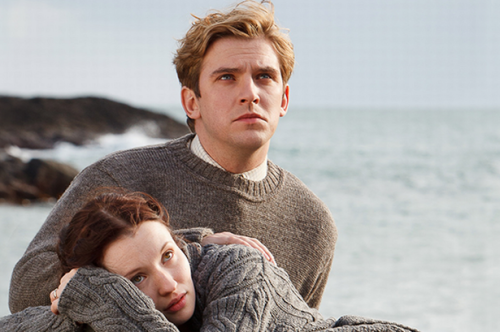 (Dir. Christopher Menaul, 2013)
(Dir. Christopher Menaul, 2013)
